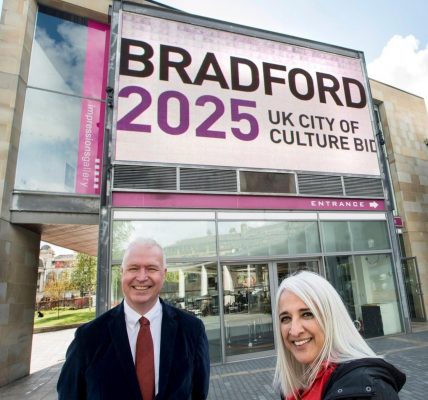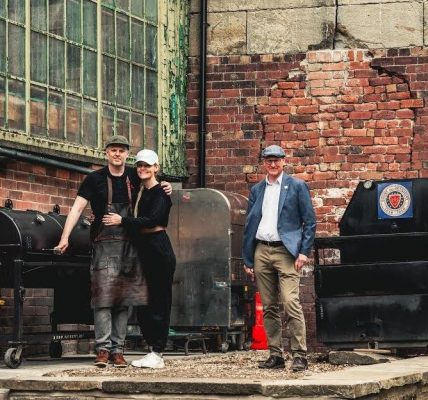Why not add 10 per cent extra to goods and services to fund acts of kindness? – Bird Lovegod
Why not add 10 per cent extra to goods and services to fund acts of kindness? – Bird Lovegod
Here’s a question that could change the country, would you choose to pay 10 per cent extra on your online purchases if that 10 per cent was used to do good?
So your £50 online shop at Tescos would become £55, and the £5 goes into a collective fund which Tesco uses to do fabulous acts of kindness. These would be documented as little videos, or short stories, and published on the website. Good deeds and acts of kindness funded by shoppers at TescoKind.
How about when you buy a £4 book from AmazonKind? An extra 40p is added, and the millions of pounds generated is used to create fabulous community projects.
What about when you shop at OcadoKind, and spend £70, and another £7 is added to the OcadoKind fund, and used to do amazing good in local communities?
Maybe you prefer to shop at AsdaKind, where millions of pounds is raised and used to do fantastic good works in the local area. I’m talking about a kindness movement, driven by caring consumers, and it doesn’t cost the retailers anything. They can still compete on price, but now they can also compete on impact. A binary system giving people choice.
To do this properly requires them to create the brand extension. Shop at Amazon.com as before, or AmazonKind.com and it’s a different experience. The AmazonKind website shows how much money is raised every day, and critically, how it’s used. Donating it to charity is not the way.
There’s no story in donating to charity, no engagement, no experience. I want to see and feel how the money is used. I want to see and feel and know where the money is used to heal, nurture, and transform.
Even as I’m on AsdaKind.com, choosing the week’s shopping, I want to be able to watch the video of the latest acts of amazing Asda Kindness and know that my shopping is making it happen.
The amounts it would raise would be in the billions. And the impacts would transform lives and communities at ever-increasing scale.
And from the retailers’ perspective, in this binary system, they are able to compete on price for one set of customers and on impact for another. They can be the cheapest, and the most impactful.
And we can choose which we want, Tesco.com or TescoKind.com, Amazon.com or AmazonKind.com. And in doing so, it becomes up to us, as customers, every time we shop online, to make a choice of funding kindness or not. It would transform retail and transform communities and transform lives.
It would cost very little for big brands to implement. The good deeds and acts of kindness would be all over social and mainstream media, it would cost nothing to promote, and require only a modest effort to implement, and it empowers shoppers to transform society without the brands having to sacrifice anything.
It’s not as if the UK is short of people needing help, community clubs in need, youth projects requiring funding, we’ve just been through a 10-year sentence of austerity emphasised with an exclamation mark of global pandemic. Trust me, finding people to help and projects to fund is not the problem.
Small charities can become delivery partners, as can community groups, and before long, enterprises set up specifically to action and document these kindnesses could fill the space.
EthicalMuch.com, my own social enterprise, has actioned over 400 such good deeds, each one documented on our website.
I know this system would work. It’s like when online shopping first started, a few people did it, then more, then most. Commercial Kindness would follow the same pattern, but quicker.
It’s a simple idea and a massive opportunity. The question is, would you buy kind, if you could?










